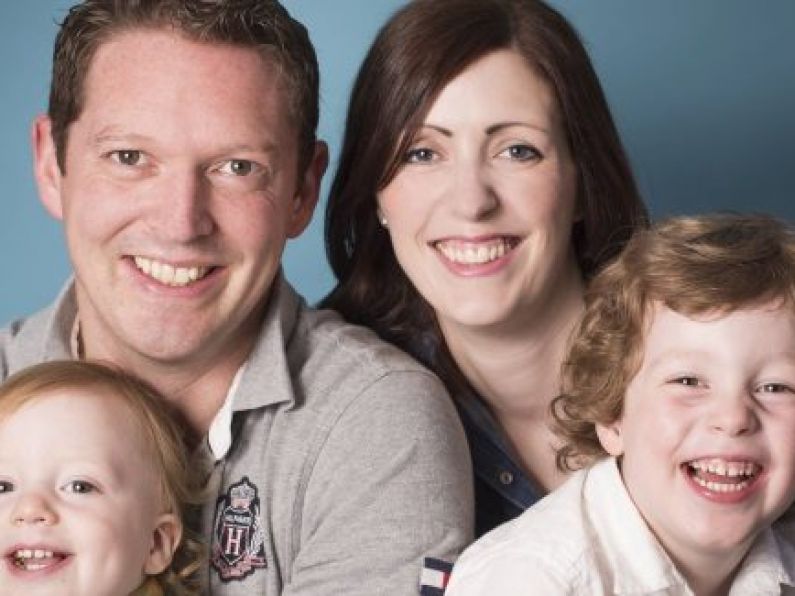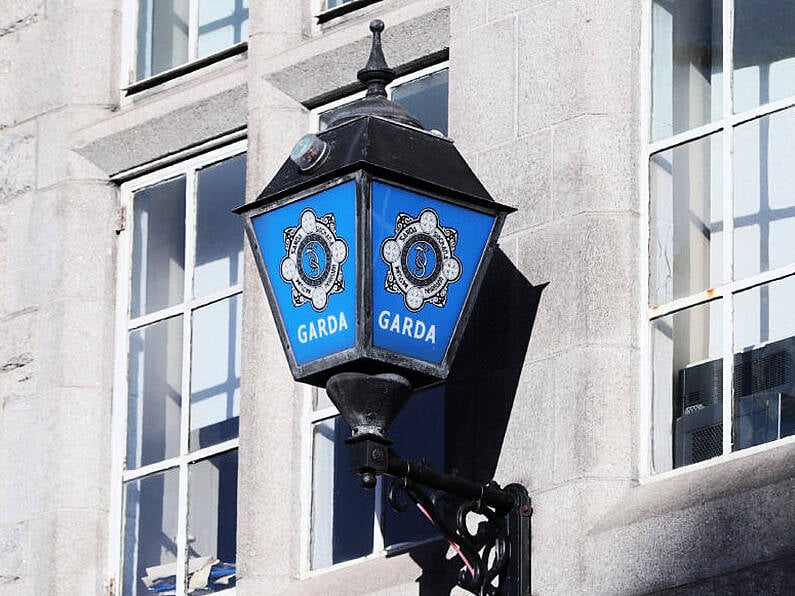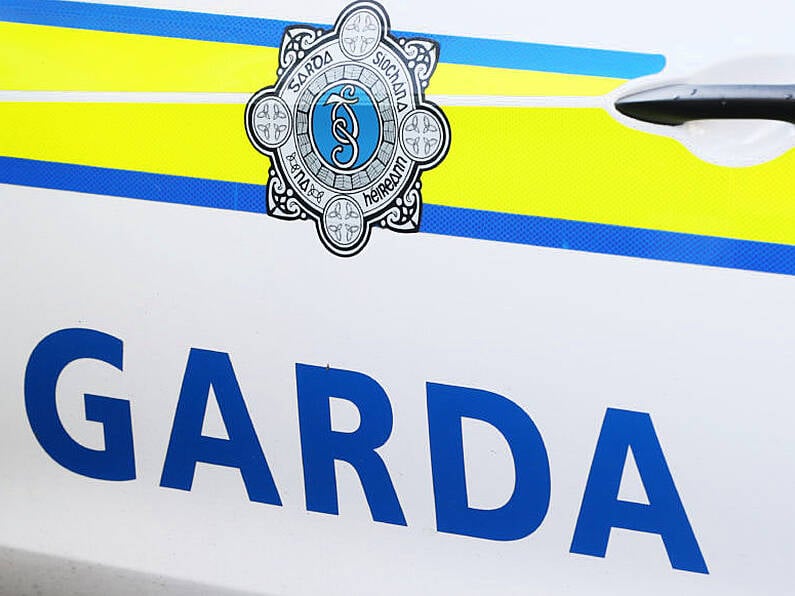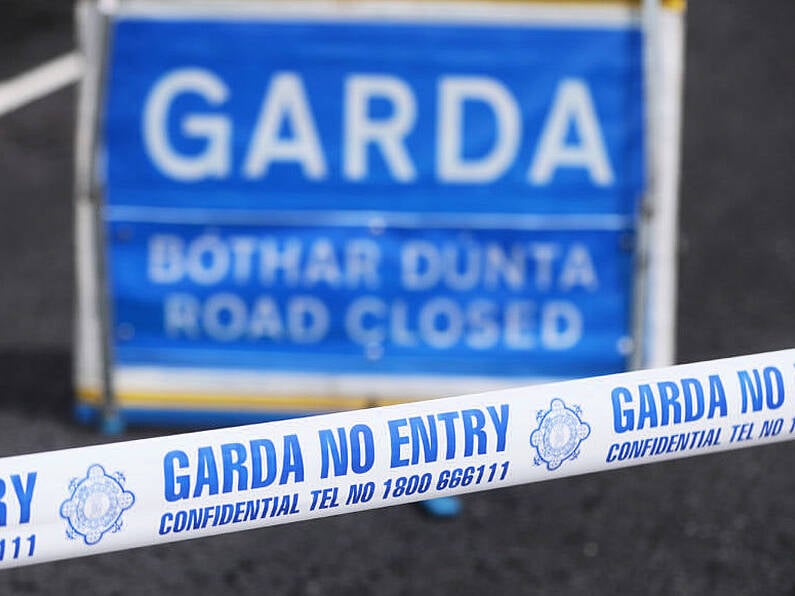A request from CervicalCheck patient representatives for the establishment of a paid patient advocacy programme has not received any “meaningful” response from the Department of Health four months after the appeal was made.
That’s according to Stephen Teap, who today marks the second anniversary of his wife Irene’s death from from cervical cancer after two misread smears.
Mr Teap, along with Lorraine Walsh, who cannot have children as a result of the cancer she developed following misread smears, are patient representatives on the National CervicalCheck steering committee, set up to drive improvements in the national screening programme.
“We are battling with them [the department] to have some sort of paid advocacy programme that is independent from the HSE and department, where if they have a committee, they can just whistle up the advocacy. What I mean by that is if they are looking for a woman aged 40-50 to sit on, for example, a BreastCheck committee, they can attract that person because they are prepared to pay them.
“If you keep on asking people voluntarily, you are only getting one type of profile - and that’s someone who has the time and money to do it, probably someone 65 plus,” Mr Teap said.
The payment programme had to be independent of the HSE and the department in order not to compromise the advocate, he said. Mr Teap and Ms Walsh wrote to the department on April 4 but Mr Teap said they had yet to receive a meaningful response.
He said a suggestion that they be paid through the 221+ support group which Mr Teap and Ms Walsh set up to support victims of the CervicalCheck scandal, was a non-runner.
“You can imagine in 10 years time when the scandal is well and truly over and the accountancy books are with the media and it’s like ‘Lorraine and Stephen were taking a wage from the support group that they founded’.”
There was also a suggestion that they be paid through the Irish Cancer Society, but Mr Teap said they were not employees of the Society and would have concerns around employment law.
“There has to be some sort of paid programme to attract men and women in their 30s, 40s and 50s, because people of that age profile have mortgages and childcare and they just can’t drop a day’s work to go volunteering in the HSE.
“What we’ve seen over the last 15 months is the benefits of having patient representatives involved in committees through the HSE.”
The Department of Health said it is aware of the barriers that prevent people frpm participating in the representative structures that are in place, and is considering how this can be addressed.






